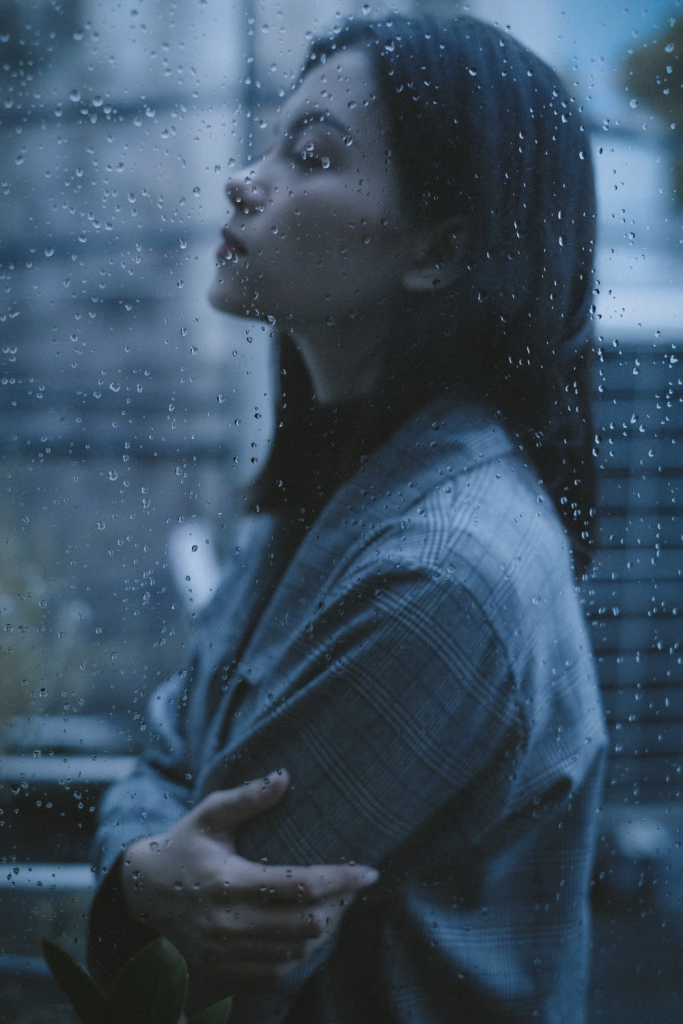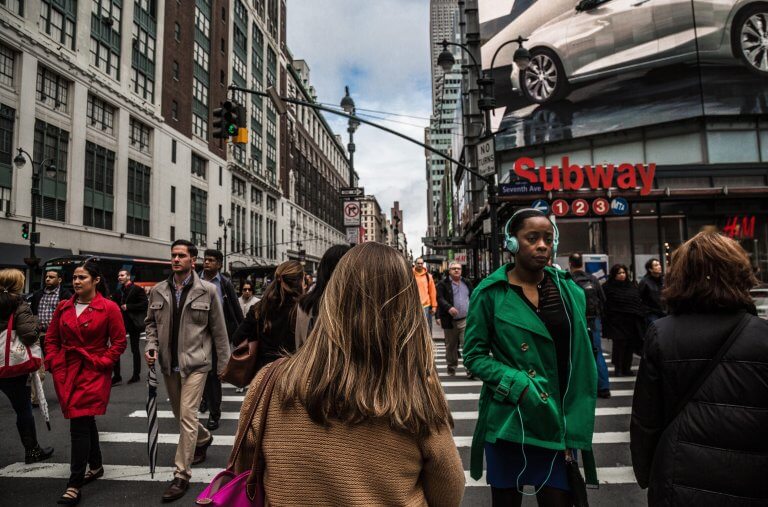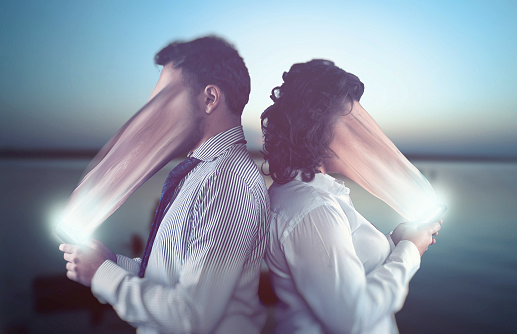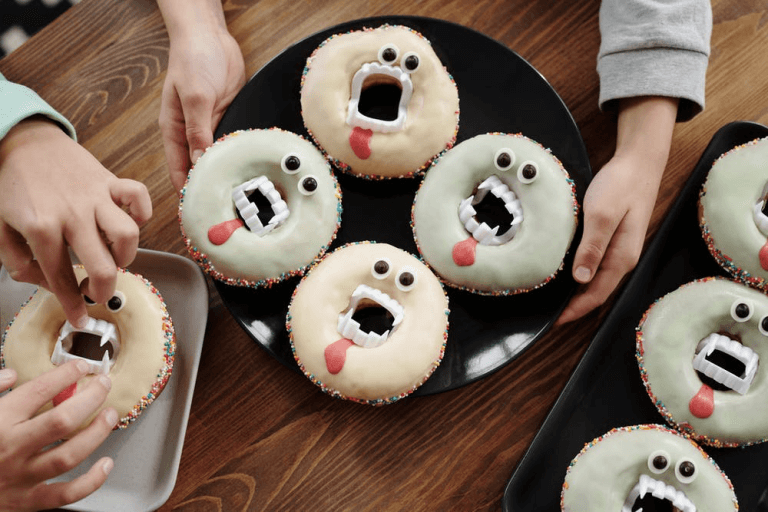The Christmas Blues
Twinkling lights, holiday vacations, turron, marzipan, company dinners, family meals, snow, more twinkling lights…
Christmas is that time of year so many love… and that many others claim to detest.
But… why can a season like Christmas sometimes generate unpleasant sensations or emotions?
Sad Carols
We’re talking about the Christmas blues, also known as white depression. The Christmas blues is characterized by a series of mood disturbances. These disturbances range from apathy or loss of interest in the festivities, to sadness.
But.. where does the Christmas blues come from? Why, in a time (in theory) perfect for being happy eating chocolate with family and giving each other gifts… do we get sad?

The “Mr. Wonderful” Smile
One of the reasons this phenomenon occurs is that we cannot fully choose when to feel sad and when not to. Therefore, regardless of the time of year, we can go through a less “cheerful” stage or experience more emotional difficulties.
If this happens, Christmas with its lights and smiles is seen as an imposition. A kind of “you have to be okay, pretend to be happy.” “It’s a happy time, don’t ruin it.”
Therefore, emotions that are not “in tune” with this time are minimized and invalidated. Moreover, since Christmas in our hemisphere is celebrated in winter, other factors influence it. These factors include the lack of light, the change of time, the cold, and the consumerist character of the holidays. Therefore, they can exacerbate any existing economic, emotional, or other kinds of difficulty.
Furthermore, going through a difficult time, whatever the area, generates a comparison effect. Automatically, seeing other people happy or not going through that difficulty only makes us feel worse.
And we cannot schedule emotions whether it snows, rains, or shines… and sometimes, Christmas doesn’t mean life is rosy
Symptoms of White Depression

Some of the symptoms of this “blues” include:
- Apathy or loss of interest in activities that used to be pleasurable
- Sleep and eating problems
- Worsening of depressive or anxious symptoms
- The need to return to an orderly routine
- Avoiding social commitments and isolation
Clearly, each person is unique, and many factors can cause the “Christmas blues”. Anyway, it’s not categorized as a disorder. Still, it’s important to be aware that not everyone experiences these dates in the same way.
Therefore, instead of judging those who do not see Christmas with the same excitement as we do, we could ask ourselves a series of questions.
Is this person going through a difficult time?
Does making a gift pose an economic strain?
How has this person experienced Christmas in their family throughout their life? Is there a whole ritual around it?
Are they noticing the lack of light or excessive cold?
Have they gone through a grieving process or are missing someone?
These (among others) are questions we can ask ourselves. Because remember, we can’t schedule our happiness to celebrate the New Year with us. And sometimes, things are complicated even surrounded by turron and colored lights











